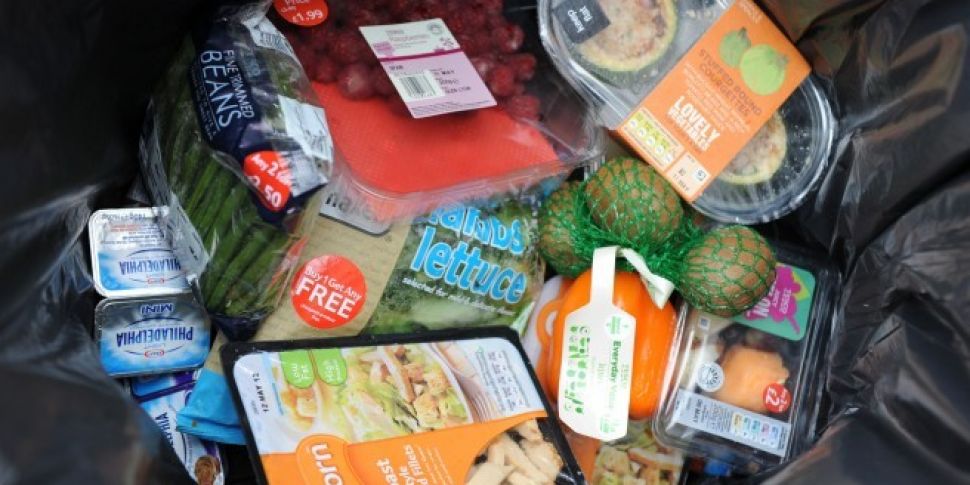The EU aims to slash food waste in half over the next 15 years by getting rid of confusion around 'best before' and 'use by' dates.
This move will also include a push to lift restrictions that are currently in place on food donations.
It is hoped that these measures can drive down the 88 million tonnes of food wasted each year by 30% by 2025, and down by 50% on the current figure by 2030.
As it currently stands, each individual in the EU is responsible for a staggering 173 kg of waste each year.
It is estimated that between 15% and 33% of all food waste could be caused by customers not being properly informed about the difference between 'best before' and 'use by'.
Changing 'best before' to a different less confusing terminology is being considered as part of the initiative, as well as extending the current list of foods that do not require a best before date (which includes sugar, salt and vinegar) to include other non-perishable items.
Speaking Tuesday, Croatian MEP Biljana Borzan, who tabled the resolution, said: "In developed countries, food is wasted mostly at the end of the chain, at distribution and consumption. Everyone has a responsibility to tackle this problem."
A European Commission study examining the best methods for reducing food waste is expected to be published before the end of the year.
How do we shape up in Ireland?
Back in 2015, an EU-backed study quizzed 1,000 Irish consumers on their habits around throwing away food, and what they thought could be done to improve the situation.
Irish people were more conscientious than their European counterparts about checking labels before eating something, with 60% of Irish people saying they always do this compared to the 58% EU average.
This greater caution was also reflected in attitudes towards 'use by' labels. Of those asked, 53% of Irish people responded that a 'use by' label meant that something was safe to eat up to that date, but not after it.
Across the other 28 countries in the EU, an average of 40% of people agreed with this statement - with respondents more likely to say that the significance of the 'use by' date depends on the type of food or that the food can be consumed after this date but may not be at its best quality.









